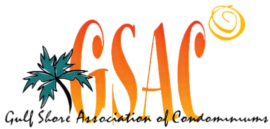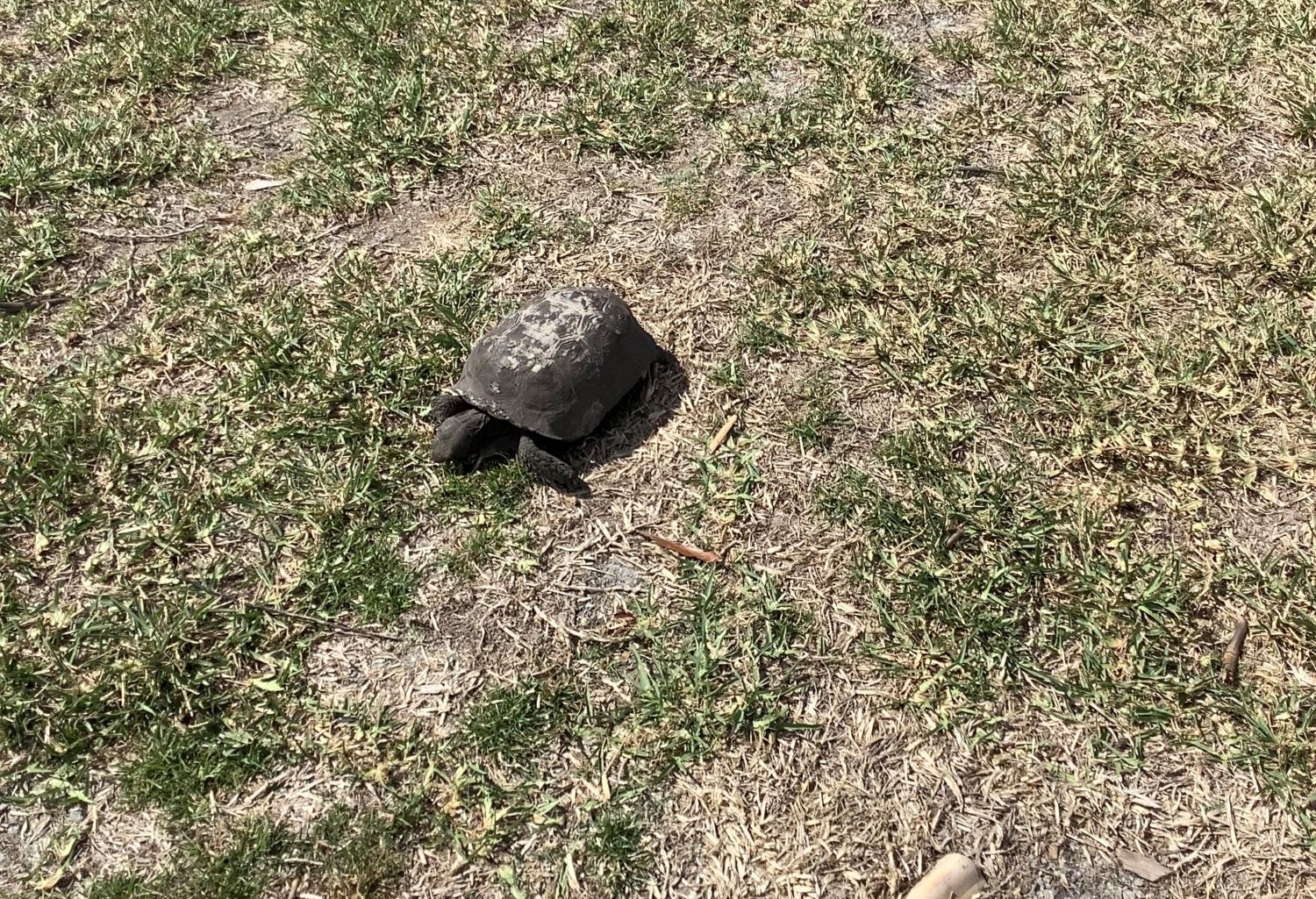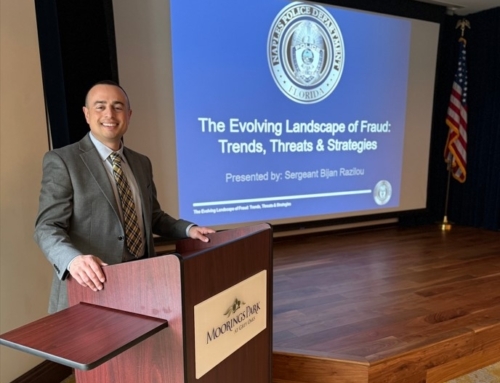By Pamela Nicholls, GSAC Board Member
Submit questions or feedback online
If you have a question, we might have the answer. Please email your questions to gsacnaples.org/contact and we will do our best to find an expert to answer.
Question.
Since the gopher tortoises that lived along the Park Shore beachwalk were, for the most part, wiped out by Hurricane Ian since they do not swim, would it be possible to relocate tortoises from other locations to the new beachwalk and re-landscaped dune which runs alongside? It has been a habitat for them for at least the 25 years that I have lived here. They thrived here and I saw at least six or more every day. How can we get them back?
Answer.
First and foremost, the gopher tortoise is listed as a threatened species in Florida, so it is illegal to handle them without special permits. In addition to their protected status, there are special provisions for relocating gopher tortoises as they have been plagued statewide with an upper respiratory disease. We don’t want to infect any tortoises that may remain in an area by relocating a sick tortoise.
The impact on tortoises occurred from Marco to Sanibel Islands, so you all are not alone in your concerns. Florida Fish and Wildlife Commission, the agency charged with gopher tortoise protection, is looking into ways to help recover the populations on public lands (state, county, and city parks) but I am unsure as to any efforts on private property. The following article in Naples Daily News last December does a good job of explaining the situation and showcasing some of the efforts, check the full article here
It will take time to come to grips with the full extent of the loss and then enact the appropriate remedial actions. Also, nature works on longer timescales than we as humans are accustomed. As example, recall the mangroves in the Ten Thousand Islands that took a direct hit from Hurricane Irma in 2017. They are still in a recovery mode that occurs on the order of decades.
Jeffrey R. Schmid, Ph.D.
Env. Research Manager, Environmental Science
Conservancy of Southwest Florida







